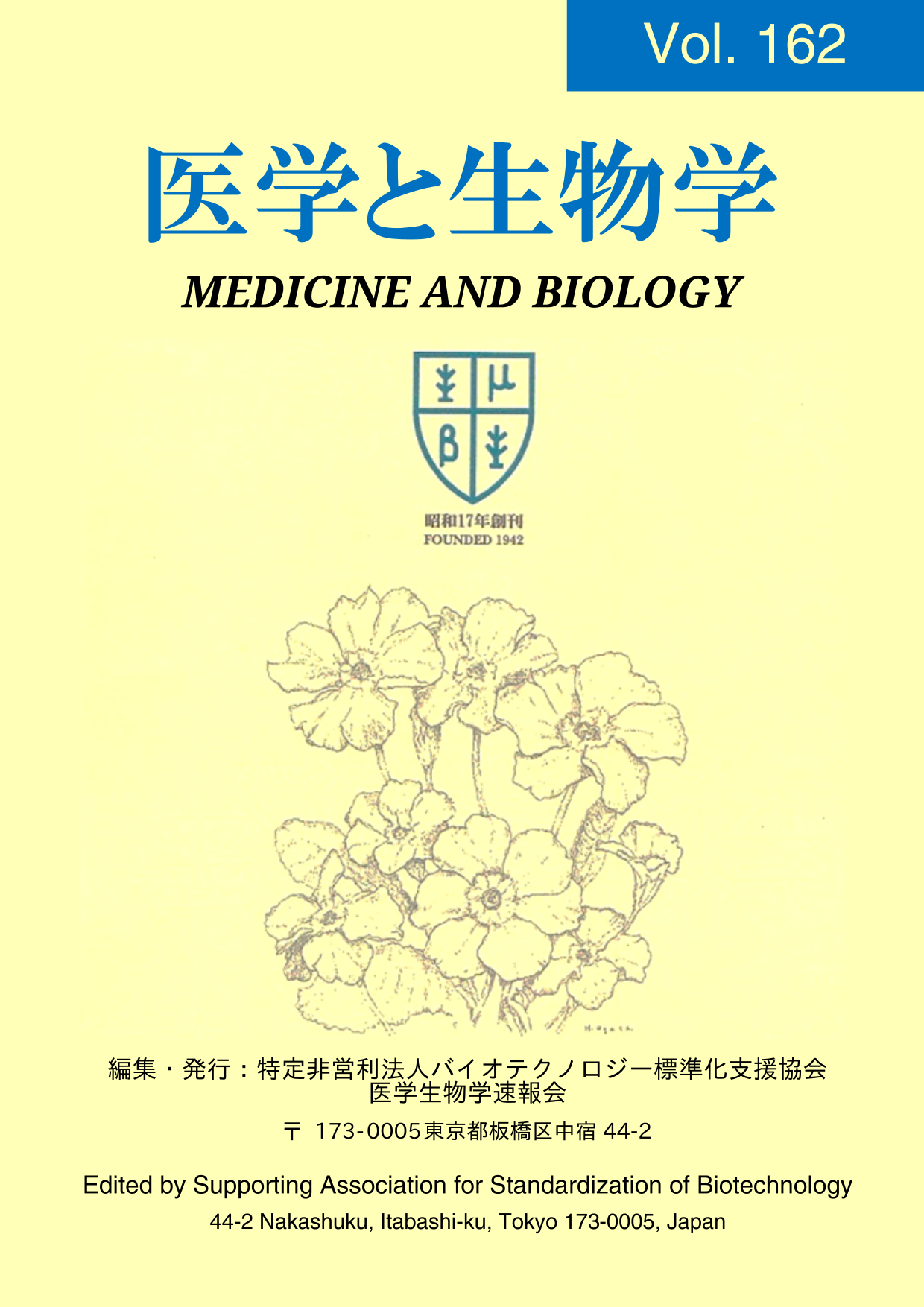Characteristics of informal support sought by family caregivers for different types of care
A comparison between dementia care and physical care
Keywords:
Informal support, Family caregivers, Dementia care, Physical careAbstract
This study aimed to provide an overview of the need for informal support among family caregivers who provide dementia care or physical care at home and examine the characteristics of informal support sought by them for the different types of care.
We conducted a questionnaire survey across all households in Town A in northern Japan. The survey covered the level of care burden, the status of care cooperators and mutual help from community members, and the support sought from community members. Fifty participants were included in the final analysis, including 23 caregivers of people with dementia (dementia care) and 27 caregivers of people with physical disabilities (physical care).
The level of care burden was mild overall, but found to be significantly higher in caregivers of dementia care compared to physical care. Family members provided the most cooperation for both types of care, and community members provided less support. Approximately 90% of the respondents answered that they need to connect with local residents and help each other, but approximately 80% answered that there is nothing that they want help with.
Specific support requested from community members included "watching over" and "talking to the care recipient" for dementia care and "transportation by car" for physical care.
Our analysis points to the phenomenon that caregivers were reserved and ashamed of receiving informal support from community members. Therefore, it is necessary to create a system whereby community members can actively provide caregivers for people with dementia and physical disabilities with the specific support required, as identified in this study.


